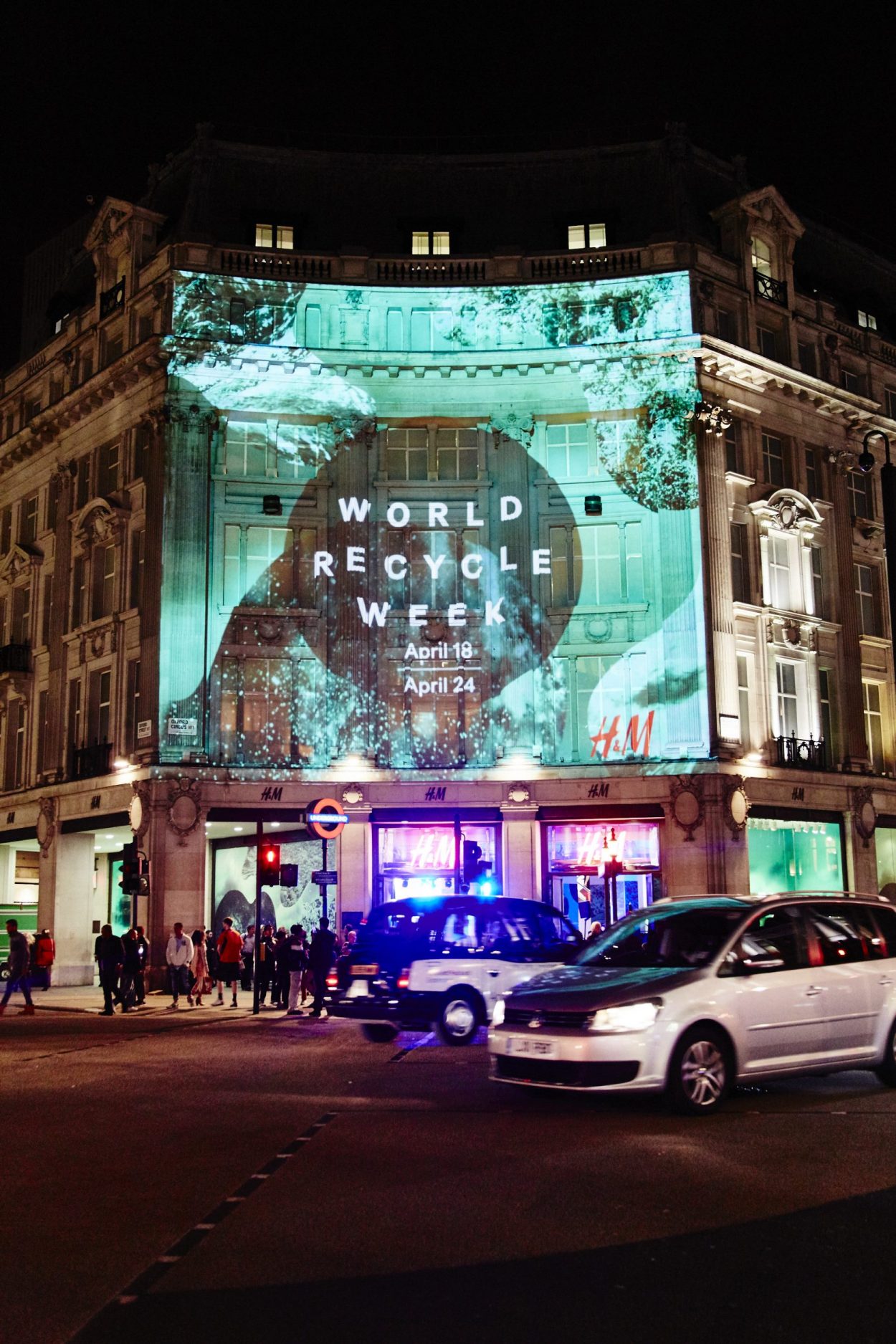Stepping Up Sustainability Practices28.04.19
The global buzz and public consciousness around sustainability issues has grown rapidly over the last few years, with research showing that it is only likely to increase further.
As one of our shared values, we're excited it's finally hot on the agenda. In addition to protecting the environment, concern for sustainability drives innovation and makes businesses more aware of their practices. Brands need to step up to the challenge of sustainability leadership and either front or adapt to it to prove to their customers that they share the same ethical principles.
Material Ideals
There has been a spotlight on how retail and hospitality is adhering to these concerns and numerous brands have put in measures towards championing sustainability in their processes. Many are focusing on their materials. Selfridges and members of the new UK Plastics Pact have banned the use of all single-use plastic bottles or packaging. The West End's Nimax theatre group, which runs the Apollo, Duchess, Garrick, Lyric, Palace and Vaudeville theatres, have stopped handing out plastic straws at their bars as part of the Evening Standard's #laststraw campaign.
Start-up company Flocus has won awards for their textile innovations using kapok fibres and Burberry have a Material Futures Research Group for the development of new sustainable materials. The V&A have just launched a Fashioned from Nature exhibition to further highlight the industry's demand for raw materials. At Timebased we look to using sustainable materials in inventive ways, from hiring stylish plinths with recycled tops made entirely from plastic waste to breathing new life into old props.
sustainability must be a united effort across various industries in order to deliver and maintain results
There are many aspects that can contribute to sustainability; in 2016 the United Nations outlined 17 Sustainable Development Goals. We worked with H&M that year to produce an eco-friendly installation for their World Recycle Week campaign. The green lights were powered by shoppers walking on the entrance tiles. The H&M Group have been amping up their endeavours ever since and aim to be a catalyst for change across the fashion and design industry. They recently set themselves ambitious targets and are investing and partnering with relevant companies to push these developments forward, because of course sustainability must be a united effort across various industries in order to deliver and maintain results.


Keeping Transparent
These initiatives won’t go unnoticed. Designer Richard Quinn made history at his 2018 London Fashion Week show when the Queen came to present him with an inaugural award for his commitment to sustainability. According to Fashion Revolution’s Transparency Index 2018, leading companies such as H&M, Adidas, M&S and Espirit are among the most transparent brands within the fashion industry.
Unless managed properly, events can take a heavy toll on a community’s resources and environment, often generating significant waste. That’s why back in 2009 we adopted the ISO 20121 policy which helps us to guard the social, economic and environmental impact of each of our activations, launches and ceremonies. We try to reduce waste where possible and ask that our suppliers adopt these same standards. In this way we can give more value back to your event and be committed towards developing a better future.
Link copied